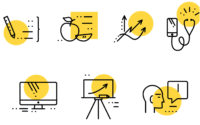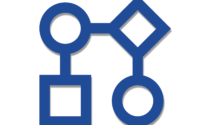
Defining OER-Enabled Pedagogy
The term “open pedagogy” has been used in a variety of different ways over the past several decades. In recent years, its use has also become associated with Open Educational Resources (OER). The wide range of competing definitions of open pedagogy, together with its semantic overlap with another underspecified term, open educational practices, makes it […]
















